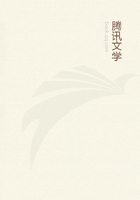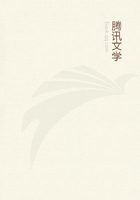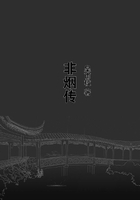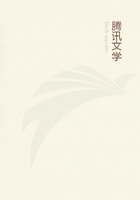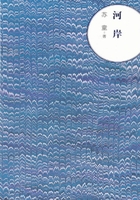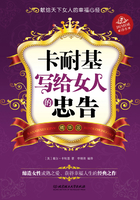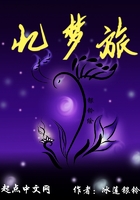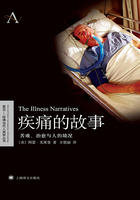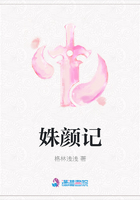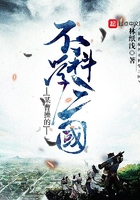THE EMOTIONS.
In speaking of the instincts it has been impossible to keep them separate from the emotional excitements which go with them.Objects of rage, love, fear, etc., not only prompt a man to outward deeds, but provoke characteristic alterations in his attitude and visage, and affect his breathing, circulation, and other organic functions in specific ways.When the outward deeds are inhibited, these latter emotional expressions still remain, and we read the anger in the face, though the blow may not be struck, and the fear betrays itself in voice and color, though one may suppress all other sign.Instinctive reactions and emotional expressions thus shade imperceptibly into each other.Every object that excites an instin ct excites an emotion as well.Emotions, however, fall short of instincts, in that the emotional reaction usually terminates in the subject's own body, whilst the instinctive reaction is apt to go farther and enter into practical relations with the exciting object.
Emotional reactions are often excited by objects with which we have no practical dealings.A ludicrous object, for example, or a beautiful object are not necessarily objects to which we do anything; we simply laugh, or stand in admiration, as the case may be.The class of emotional, is thus rather larger than that of instinctive, impulses, commonly so called.
Its stimuli are more numerous, and its expressions are more internal and delicate, and often less practical.The physiological plan and essence of the two classes of impulse, however, is the same.
As with instincts, so with emotions, the mere memory or imagination of the object may suffice to liberate the excite- ment.One may get angrier in thinking over one's insult than at the moment of receiving it; and we melt more over a mother who is dead than we ever did when she was living.In the rest of the chapter I shall use the word object of emotion indifferently to mean one which is physically present or one which is merely thought of.
It would be tedious to go through a complete list of the reactions which characterize the various emotions.For that the special treatises must be referred to.A few examples of their variety, however, ought to find a place here.Let me begin with the manifestations of Grief as a Danish physiologist, C.Lange, describes them:
"The chief feature in the physiognomy of grief is perhaps its paralyzing effect on the voluntary movements.This effect is by no means as extreme as that which fright produces, being seldom more than that degree of weakening which makes it cost an effort to perform actions usually done with ease.
It is, in other words, a feeling of weariness; and (as in all weariness)
movements are made slowly, heavily, without strength, unwillingly, and with exertion, and are limited to the fewest possible.By this the grieving person gets his outward stamp: he walks slowly, unsteadily, dragging his feet and hanging his arms.His voice is weak and without resonance, in consequence of the feeble activity of the muscles of expiration and of the larynx.He prefers to sit still, sunk in himself and silent.The tonicity or 'latent innervation' of the muscles is strikingly diminished.The neck is bent, the head hangs ('bowed down' with grief), the relaxation of the cheek- and jaw-muscles makes the face look long and narrow, the jaw may even hang open.The eyes appear large, as is always the case where the orbicularis muscle is paralyzed, but they may often be partly covered by the upper lid which droops in consequence of the laming of its own levator.
With this condition of weakness of the voluntary nerve- and muscle-apparatus of the whole body, there coexists, as aforesaid, just as in all states of similar motor weakness, a subjective feeling of weariness and heaviness, of something which weighs upon one; one feels 'downcast,' 'oppressed,'
'laden,' one speaks of his 'weight of sorrow,' one must 'bear up' under it, just as one must 'keep down' his anger.Many there are who 'succumb'
to sorrow to such a degree that they literally cannot stand upright, but sink or lean against surrounding objects, fall on their knees, or, like Romeo in the monk's cell, throw themselves upon the earth in their despair.
"But this weakness of the entire voluntary motor apparatus (the so-called apparatus of 'animal' life) is only one side of the physiology of grief.
Another side, hardly less important, and in its consequences perhaps even more so, belongs to another subdivision of the motor apparatus, namely, the involuntary or 'organic' muscles, especially those which are found in the walls of the blood-vessels, and the use of which is, by contracting, to diminish the latter's calibre.These muscles and their nerves, forming together the 'vaso-motor apparatus,' act in grief contrarily to the voluntary motor apparatus.Instead of being paralyzed, like the latter, the vascular muscles are more strongly contracted than usual, so that the tissues and organs of the body become anæmic.The immediate consequence of this bloodlessness is pallor and shrunkenness, and the pale color and collapsed features are the peculiarities which, in connection with the relaxation of the visage, give to the victim of grief his characteristic physiognomy, and often give an impression of emaciation which ensues too rapidly to be possibly due to real disturbance of nutrition, or waste uncompensated by repair.Another regular consequence of the bloodlessness of the skin is a feeling of cold, and shivering.A constant symptom of grief is sensitiveness to cold, and difficulty in keeping warm.In grief, the inner organs are unquestionably anæmic as well as the skin.This is of course not obvious to the eye, but many phenomena prove it.Such is the diminution of the various secretions, at least of such as are accessible to observation.

